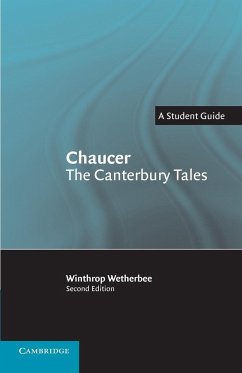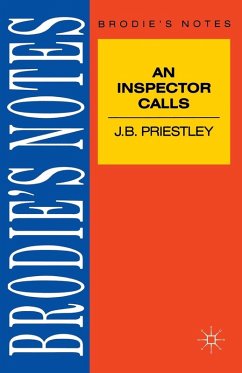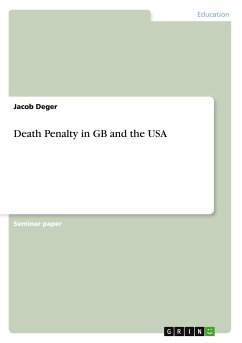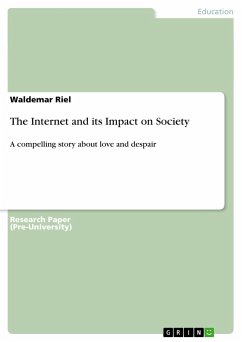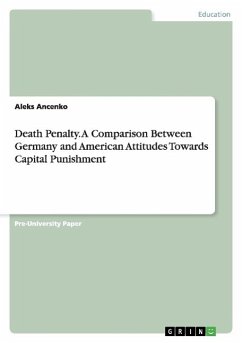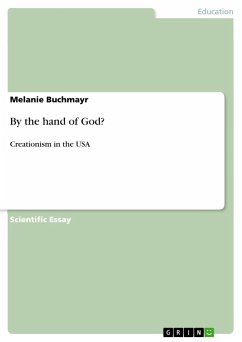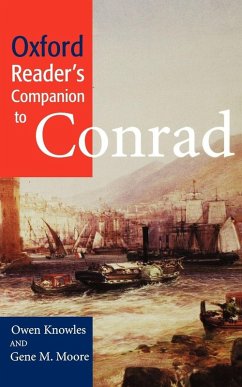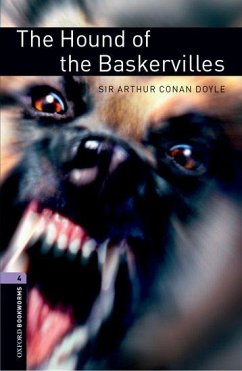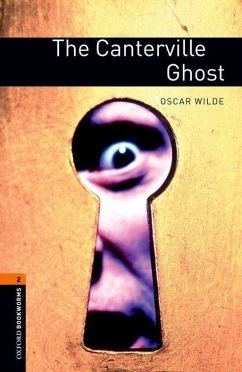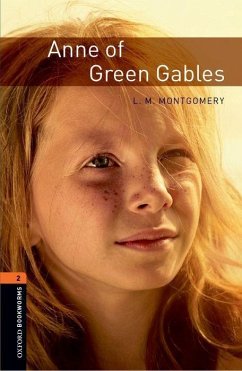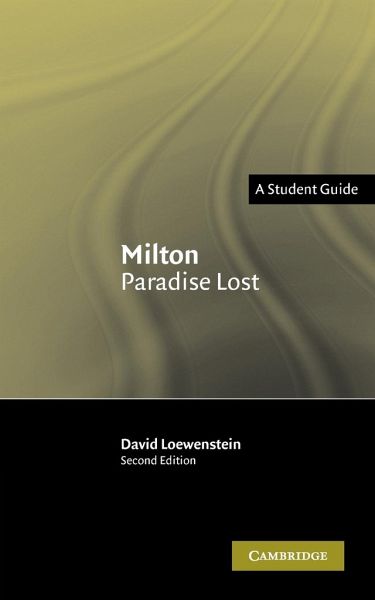
Milton Paradise Lost
A Student Guide
Mitwirkender: Loewenstein, David

PAYBACK Punkte
16 °P sammeln!
This volume offers an accessible and stimulating introduction to one of the most influential texts of western literature. This guide highlights Milton's imaginative daring as he boldly revises the epic tradition, brilliantly elaborates upon Genesis, and shapes his ambitious narrative in order to retell the story of the Fall. The book considers the heretical dimensions of Paradise Lost and its theology, while situating Milton's great poem in its literary, religious, and political contexts. A concluding chapter addresses the influence of Milton's sublime poem as a source of creative inspiration ...
This volume offers an accessible and stimulating introduction to one of the most influential texts of western literature. This guide highlights Milton's imaginative daring as he boldly revises the epic tradition, brilliantly elaborates upon Genesis, and shapes his ambitious narrative in order to retell the story of the Fall. The book considers the heretical dimensions of Paradise Lost and its theology, while situating Milton's great poem in its literary, religious, and political contexts. A concluding chapter addresses the influence of Milton's sublime poem as a source of creative inspiration for later writers, from the Restoration to the Romantics. Finally, the volume offers an extremely useful and updated guide to further reading, which students will find invaluable.





